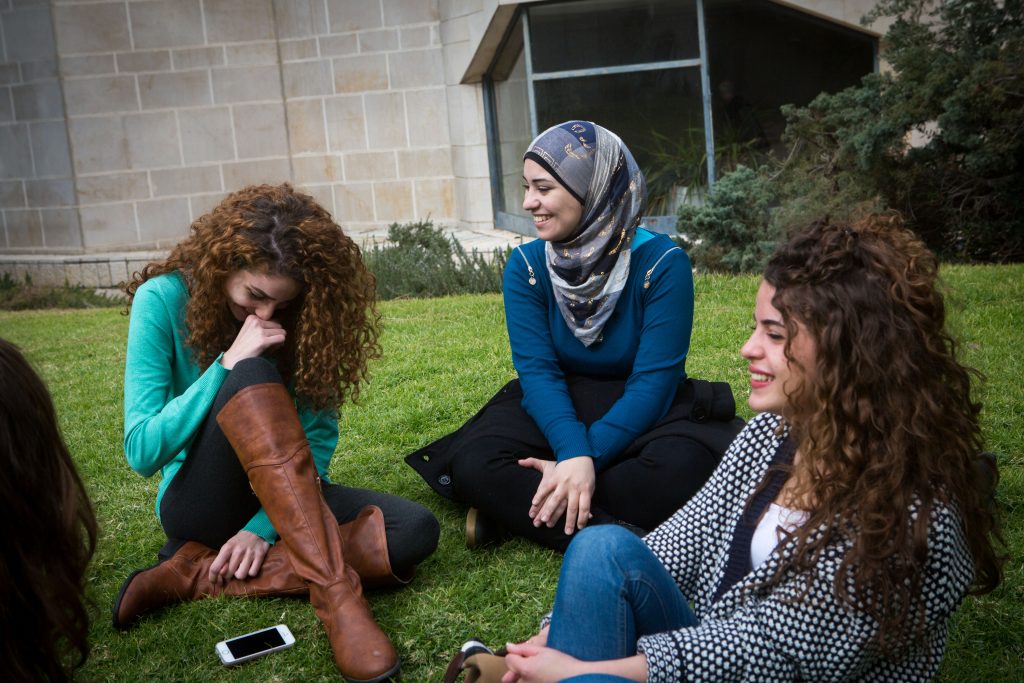Ethnic, religious, and cultural groups within multicultural societies hold diverse, often-conflicting worldviews. This diversity of opinion and experience makes pluralistic societies dynamic and innovative. But it can also lead to deep social fragmentation if conflicts and inequities are left unresolved.
By employing behavioral economics, the Center for the Study of Multiculturalism & Diversity (CSMD) seeks to increase social cooperation and cohesion within pluralistic communities, offering new hope for conflict resolution in Israel and beyond.

CSMD is the first academic body in Israel — and the world — to utilize methods of behavioral science to examine the many challenges of multiculturalism. It builds on decades of research and on the Hebrew University’s status as a global leader in behavioral science and empirical legal studies. CSMD’s scholars and researchers are working diligently to develop — and bring to lawmakers, government, and regulators — innovative policies that promise to reduce many of the barriers that impede social integration.
New paths to resolution
Participants in clinics at CSMD come from a variety of backgrounds and schools of thought. They are poised to be future lawyers, psychologists, journalists, sociologists, and anthropologists. Their mission is to explore the intersections, tensions, and conflicts of cultural groups within society, and to offer new solutions.
Students of the program and clinics must contend with the myriad challenges faced by Haredi people, Arab-Palestinians, Ethiopian Jews, Sephardim, Russian speakers, and the LGBTQ community. While the ongoing multicultural “experiment” in Israel is the overarching focus, the application of the CSMD’s important society-building work is global.
Democratic societies around the world face the challenge of social integration amid a plurality of cultures and ethnicities. Adopting effective policies to encourage integration depends largely on studying the decision-making processes that occur within cultural groups.
By uncovering and identifying the cognitive, behavioral, and structural barriers to cooperation, and developing certain accelerators to integration, effective and equitable policies can be introduced.
Making a difference
Hebrew University’s Center for Multiculturalism and Diversity is working hard to create better policy for Israel by publishing rigorously researched policy papers; sharing the findings of behavioral multicultural research with legislators and regulators, and infusing intercultural and interfaith sensitivities in future generations of Israeli leaders and regulators through its student clinics and activities.
The CSMD believes evidence-based science and sound policy can help build a stronger, more pluralistic society — in Israel and around the world. To help American Friends of the Hebrew University support work in this endeavor and beyond, please consider making a donation.